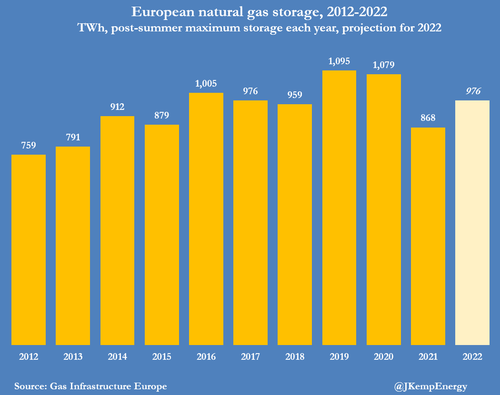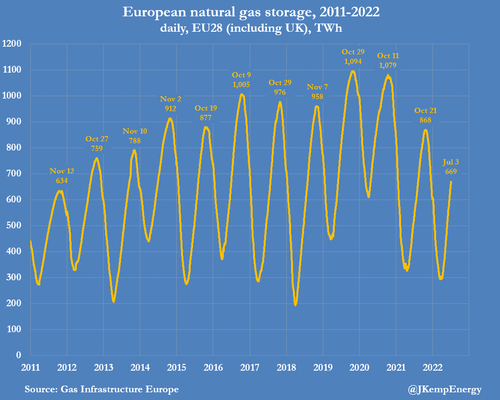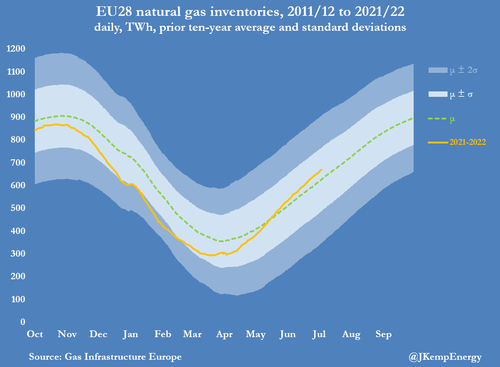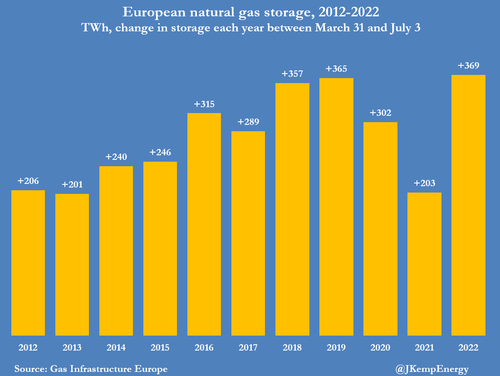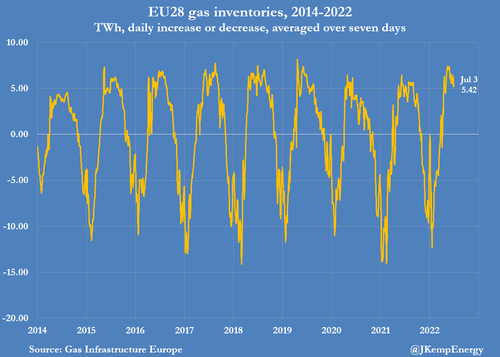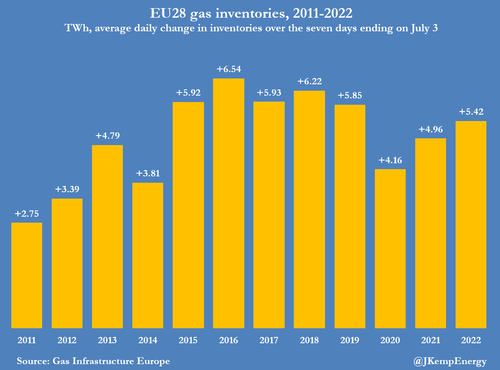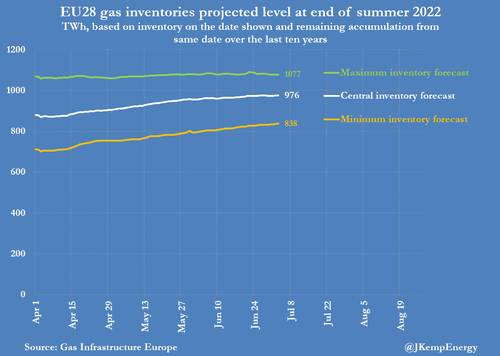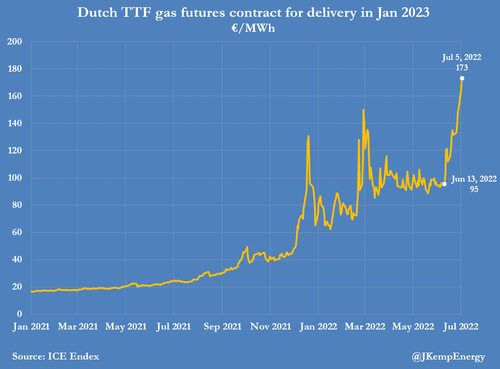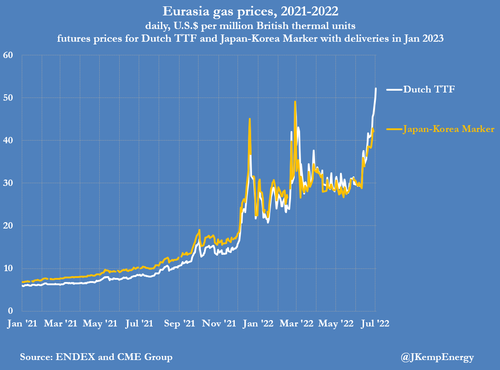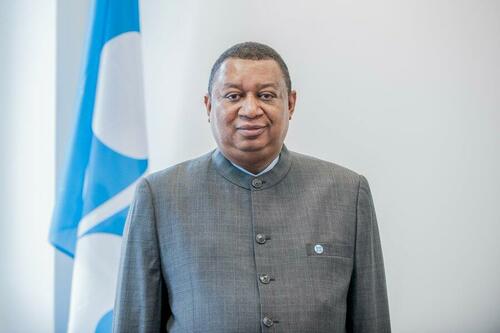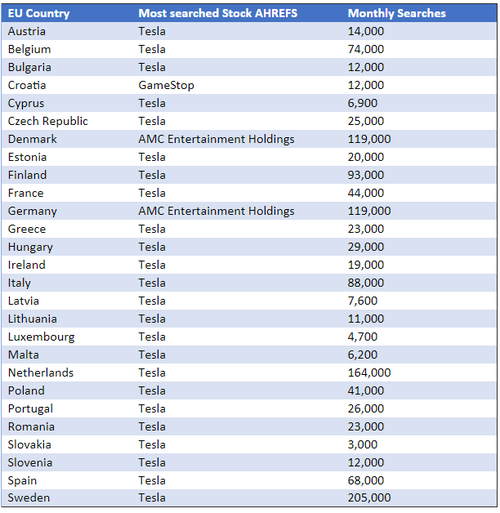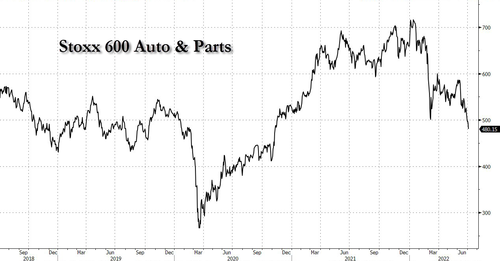Ukraine’s loss of Lysychansk, the last city it controlled in the Luhansk region in eastern Ukraine, doesn’t seem to have dampened the country’s willingness to fight the Russian invaders, though it does bolster expectations of an extended war. Ukraine’s President Volodymyr Zelenskyy promises to fight on, with the apparent support of his people. But Americans have turned pessimistic about the underdog’s chances and western Europeans are wavering in their support as Russia retaliates against punitive sanctions with an escalating energy embargo. The situation speaks well of the Ukrainian people’s resolve but may not bode well for their fate.
“If the command of our army withdraws people from certain points of the front where the enemy has the greatest fire superiority, in particular this applies to Lysychansk, it means only one thing: we will return thanks to our tactics, thanks to the increase in the supply of modern weapons,” Zelenskyy vowed on July 3. “Ukraine does not give anything up.”
By all accounts, Zelenskyy has the support of the vast majority of his people. A June poll of 1,005 Ukrainian adults by The Wall Street Journal-NORC found 89 percent of them rejecting the idea of achieving peace “by granting Russia control over some parts of Ukrainian territory occupied by Russia after February 24th” when the current war began. A similar 81 percent opposed ceding land occupied earlier, namely Crimea, which was seized by Russia in 2014. About 78 percent supported Zelenskyy’s handling of the war.
But recent fighting has been a tougher slog for Ukraine’s forces than the encouraging early days when Russian troops were turned back from Kyiv. The early shock at defenders unexpectedly destroying invading tanks and repelling invading troops has given way to the reality of a bloody slugfest with no end in sight. “Ukraine needs modern missile and air defense, and you have these systems,” Zelenskyy told NATO summit attendees last week. The continuing flow of such weapons from the West keeps Ukraine in the fight. But it means significant commitments for countries that in many cases, such as that of Germany, started out with underfunded and underequipped militaries with little to spare for somebody else’s defense.
That has also meant some disappointment in the West, where people removed from the fighting hoped for a quick underdog victory based on Ukraine’s successes at the beginning of the conflict. In the United States, early enthusiasm has been replaced by pessimism as the war bogs down. By mid-June, more Americans believed that Russia was winning (25 percent) than gave the edge to Ukraine (19 percent), according to Economist/YouGov polling, a perception that has continued since. The fact that a majority of respondents (54 percent) fear the conflict is at least somewhat likely to lead to a wider war in Europe doesn’t help.
For Europeans, supporting Ukraine means costs beyond their military budgets. Heavily dependent on Russian natural gas, much of Europe has proven highly vulnerable as the aggressor in the war retaliates against punitive economic sanctions by closing the valves on pipelines.
“Germany’s natural-gas crisis, which is being caused by Russia as it takes revenge for sanctions, may get so bad that cities have to ration hot water,” Fortune noted this week. “Germany’s main importer of Russian gas, Uniper, is now only getting 40% of what it contractually ordered from Russia, and the stratospheric cost of substituting for those flows has pushed it into crisis.”
Europeans are preparing for Russia to completely end the flow of gas as early as next week. Out of necessity, Germany has already turned to old-school coal-fired power plants despite the country’s high-profile commitment to green energy.
As a result, there’s waning enthusiasm in Europe for prolonged conflict in Ukraine, no matter the consequences for the people of that country. “Research shows that, while Europeans feel great solidarity with Ukraine and support sanctions against Russia, they are split about the long-term goals,” the European Council on Foreign Relations (ECFR) announced in mid-June. “They divide between a ‘Peace’ camp (35 per cent of people) that wants the war to end as soon as possible, and a ‘Justice’ camp that believes the more pressing goal is to punish Russia (22 per cent of people). In all countries, apart from Poland, the ‘Peace’ camp is larger than the ‘Justice’ camp.”
“Supporters of the Peace camp want peace now even at the cost of Ukrainian concessions to Russia,” ECFR added.
Fear of higher energy prices and a rising cost of living, as well of the use of nuclear weapons by Russia, were the biggest concerns cited by respondents to the poll.
Of course, “concessions” are exactly what Zelenskyy rejects when he says “Ukraine does not give anything up.” They’re also off the table for his people when they give a thumbs-down to “granting Russia control over some parts of Ukrainian territory.” But western pessimism about the underdog’s chances, and, especially, fears of a cold, dark, and expensive winter to come may undercut support for the military and economic assistance the aggrieved country needs to keep fighting invading forces. What Russia hasn’t been able to win on the battlefield it may come closer to achieving by squeezing westerners already hurting from the after-effects of pandemic lockdowns and inflation fueled by government-spending sprees. No matter their spirit, Ukrainians will have difficulty continuing their defense in the absence of a continued flow of money, weapons, and ammunition.
Everybody loves a good David and Goliath story in which the little guy prevails over the big bully, and the Russo-Ukrainian War is ready made for such an interpretation. But those stories are best enjoyed in the past tense, after David wins the fight. It’s a lot less pleasant to live through the battle when the outcome is uncertain and as Goliath lashes out at David’s friends as well as at the underdog himself. Then, the onlookers have to worry that they might be next, and that they’ll suffer some wounds of their own along the way to the conflict’s ultimate conclusion.
Ukrainians give every appearance of being willing to fight on. But it’s not clear that they’ll permanently enjoy enough international support to continue the defense of their country through what promises to be an extended and painful war.
The post Ukraine Fights On as Western Allies Waver appeared first on Reason.com.
from Latest https://ift.tt/5brnJtf
via IFTTT
